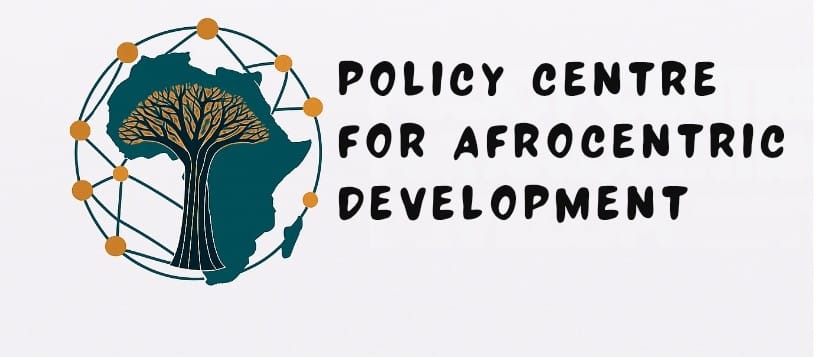Nation-Building and Governance
Restoring Cohesion, Building Effective Institutions
At independence, most African states inherited institutions that had been designed for extraction, control and marginalization of local populations. These systems were neither rooted in African values nor intended to serve the continent’s people. Today’s governance systems continue to reflect colonial logic in several ways: overly centralized executive power, repressive legal and security systems, bureaucracies focused on compliance over service, and legal frameworks rooted in foreign models rather than participatory, locally-relevant processes. Positive customary traditions remain sidelined, while development planning is often externally driven and disconnected from local realities. Ethnic fragmentation, which was exploited under colonial rule, remains politically salient, and elite capture continues to dominate the allocation of public resources and opportunities.
Crucially, nation-building was never fully undertaken. Post-independence leaders inherited state power but missed the opportunity to reconstruct the state through inclusive, participatory, and African-centered processes. In many cases, institutional reforms served elite interests and reinforced the colonial status quo, while excluding large segments of the population from political and economic life. The result has been persistent ethnic fragmentation, contested legitimacy, and weak institutions vulnerable to corruption, rent-seeking, and patronage.
Our Perspective
At PCAD, we view governance as a central lever for transformation—shaping how societies define development, set priorities, coordinate action, and allocate resources. As outlined in the Global Sustainable Development Report, governance provides the institutions and spaces for directing development, creating regulations, enabling finance flows, and mediating diverse interests.
Nation-building and governance are inseparable. Without a shared sense of belonging, inclusive institutions cannot take root—and without accountable governance, national unity cannot be sustained. Building legitimate, people-centered systems is essential for healing fragmentation, fostering civic trust, and ensuring that the state becomes a platform for collective well-being.
Our Areas of Work
Critical analysis of institutional legacies
Exploring how colonial and post-independence structures continue to shape power dynamics, exclusion, and elite capture
Support for participatory and inclusive constitution-making
Processes that are people-centered, and locally appropriate
Design and implementation of integrated governance approaches
Fostering coherence between policies, institutions, and actors across national and subnational levels.
Capacity building for public institutions and non-state actors
To enhance transparency, coordination, and participatory development planning
Schedule a call
Connecting the Dots
Governance is a thread that weaves together all dimensions of development. When institutions are weak, unaccountable, or disconnected from the people they are meant to serve, the consequences ripple across every sector—from economic marginalization to environmental degradation and persistent human rights violations.
Colonial-era governance structures—centralized, opaque, and elite-driven—persist in many African states, sidelining communities from decision-making and concentrating power and resources in the hands of a few. This reinforces inequality, erodes trust, and limits access to economic opportunity and public services. Environmental harm also thrives in contexts of weak governance, where institutions lack the capacity or will to regulate natural resource exploitation or enforce ecological protections. Likewise, rights are compromised when laws and institutions fail to provide voice, redress, or protection—especially for marginalized groups.
Transforming governance is therefore foundational. Inclusive, accountable, and people-centered institutions are essential for enabling just economies, sustainable resource management, and the realization of human rights.
Our Goal
PCAD’s goal is to support the emergence of governance systems that are inclusive, participatory, and grounded in African realities.
We work to advance institutions that reflect the diversity, values, and aspirations of African societies and are capable of driving people-centered development, managing diversity, and realizing the rights of individuals and communities.
Stay Ahead.
Subscribe for Expert Insights.
You can unsubscribe at any time using the link in the footer of our emails. View our Privacy Policy.
